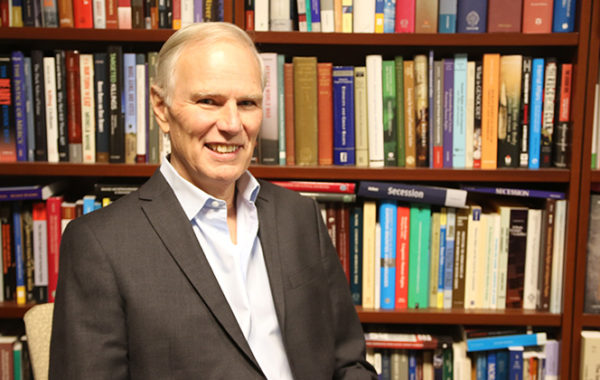An inspiring story of resilience and positivity penned by a prominent member of the York University community is now available. York Lions men’s hockey player Kaleb Dahlgren’s new book Crossroads was released on March 16.
Crossroads chronicles an unorthodox journey through life following his involvement in a deadly bus accident that killed 16 of his junior hockey teammates, coaches and team administrators with the Humboldt Broncos while on their way to a playoff game in Nipawin, Sask., in April 2018. At the intersection of Highway 335 and 35, a semi-truck missed a stop sign and ran into their bus, creating a scene that sent the sports world into an emotional rollercoaster.

Life hasn’t been easy for the third-year commerce student; his experiences have been altered by multiple significant events throughout his childhood and young adult life. It began with his diagnosis of Type 1 diabetes at the age of four. Along with diabetes, Dahlgren still lives with severe brain trauma suffered during the bus accident.
Despite all he has been through, Dahlgren is an extremely involved member of the York University Lions varsity community. He is an important and engaged member of the men’s hockey team – even though he has been unable to play – by taking up a recruiting role with the team. He has also earned U SPORTS academic all-Canadian honours and a spot on the Dean’s List in each of his first two years while serving on the York Sport Council, Lions Leadership, and the Black and Indigenous Varsity Student-Athlete Alliance (BIVSAA), all while being a tremendous supporter of his fellow student-athletes. Dahlgren will graduate with his degree at the end of this season and intends to go to chiropractor college next.
“The goal of Crossroads is to truly help others. I was not going to write a book unless I knew it had the ability to make an impact in someone’s life,” Dahlgren said about his memoir. “I am donating a portion of proceeds to a non-profit organization called STARS (Air Ambulance) who helped save lives on April 6, 2018, but also save lives every day. I also thought this would be a great way to generate some discussions around various topics that are tough to talk about. Lastly, I hope readers can take something from this book as they face various crossroads throughout their lives. If I am able to save a life, create an uncomfortable but needed conversation, or help a person through their challenges in life by sharing my story, then I would have accomplished what I set out to do.”
The book also covers his childhood and early life, providing important context which proves essential in understanding his approach and resiliency which contributed to his recovery following the bus accident.
Prior to the crash, Dahlgren joined the Broncos after requesting a trade away from the Notre Dame Hounds, another Saskatchewan Junior Hockey League (SJHL) team based in the small community of Wilcox, Sask. He made the request so he could start his program titled Dahlgren’s Diabeauties in a larger centre. The initiative aims to help children with Type 1 diabetes.
The program continues today in Toronto while Dahlgren completes his studies at York University. The Lions men’s hockey team has hosted the annual Dahlgren’s Diabeauties game at Canlan Ice Sports, which invited players with Type 1 to listen and learn from Dahlgren’s experience playing hockey and take in the Lions hockey festivities.
To celebrate his tremendous achievement, York Athletics & Recreation will host a virtual event with Dahlgren so he can talk more about the book and community members can ask questions on Monday, April 12 at 12:30 p.m. on Zoom. Click here to access the meeting link. The meeting ID is 960 3020 6511 and the passcode is LIONS.
HarperCollins is the book’s publisher. To date, the book has received positive reviews from influential figures such as Wayne Gretzky, Hayley Wickenheiser, Mitch Marner, Marilyn Denis, Kaitlyn Bristowe, Bobby Clarke, Kate Beirness, Ron MacLean and James Duthie.
Crossroads can be purchased at a variety of different online and in-person book retailers across Canada and North America.





















